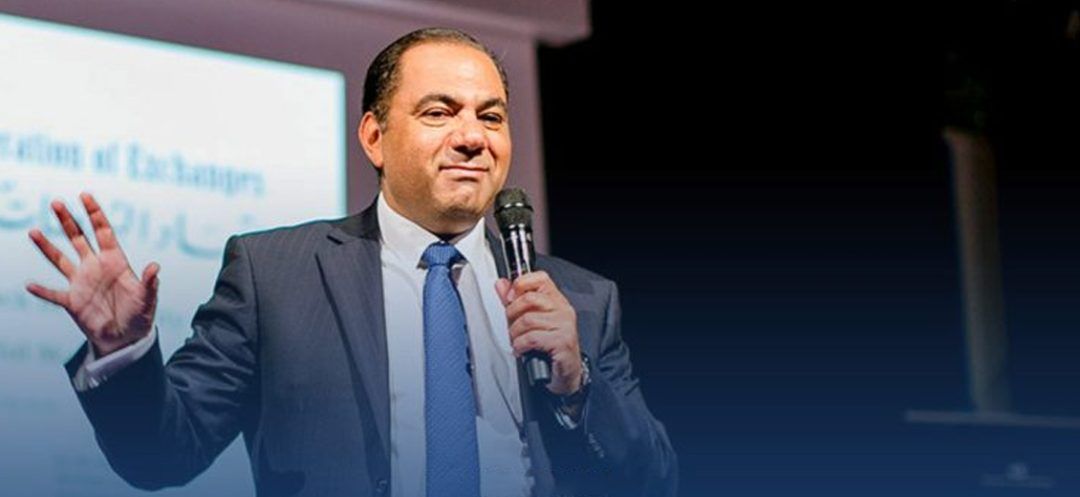
The Secretary-General of the Association of Banks in Lebanon (ABL), Fadi Khalaf, stated in the introduction of the association's monthly report that "cooperation between political, monetary, and banking authorities could pave the way towards achieving a balance between the security of deposits and liquidity, to ensure a better future for Lebanon and its people.” He emphasized that "addressing the deposit issue in Lebanon calls for balanced solutions that consider depositors' rights amidst the difficult economic situation."
According to him, the solutions must be thoughtfully developed, considering both the sanctity of deposits and the current reality, to ensure fairness for depositors while maintaining the banking sector's sustainability. He wrote in this regard: "It is crucial that any plan include clear conditions addressing the available liquidity in the banking sector and the state's ability to meet its obligations. The creation of a deposit recovery fund could be an effective measure to achieve this goal, thereby helping to resolve the crisis in a fair and sustainable manner."
He underlined that the number of projects aimed at addressing the financial crisis has proliferated to the extent of confusing depositors. "We have been identifying the bills by their titles rather than their content, which has led to their failure after five years of hype, and depositors were left with nothing. Meanwhile, the money was vanishing, and the chances to repay the amounts that could have been returned at the beginning of the crisis have dwindled."
He emphasizes that, despite differing viewpoints, constructive discussions between the Lebanese Central Bank (BDL) and the Association of Banks are paving the way for new perspectives that could lead to a potential solution. However, he stresses that the consecrated nature of deposits held by banks inherently implies the importance of these deposits held by the BDL.
Fady Khalaf believes that any plan requiring immediate full settlement of state obligations, immediate payment of all BDL’s debts to banks, or full cash repayment of deposits by banks regardless of available liquidity would be mere populist rhetoric rather than a realistic solution.
According to him, the solutions must be thoughtfully developed, considering both the sanctity of deposits and the current reality, to ensure fairness for depositors while maintaining the banking sector's sustainability. He wrote in this regard: "It is crucial that any plan include clear conditions addressing the available liquidity in the banking sector and the state's ability to meet its obligations. The creation of a deposit recovery fund could be an effective measure to achieve this goal, thereby helping to resolve the crisis in a fair and sustainable manner."
He underlined that the number of projects aimed at addressing the financial crisis has proliferated to the extent of confusing depositors. "We have been identifying the bills by their titles rather than their content, which has led to their failure after five years of hype, and depositors were left with nothing. Meanwhile, the money was vanishing, and the chances to repay the amounts that could have been returned at the beginning of the crisis have dwindled."
He emphasizes that, despite differing viewpoints, constructive discussions between the Lebanese Central Bank (BDL) and the Association of Banks are paving the way for new perspectives that could lead to a potential solution. However, he stresses that the consecrated nature of deposits held by banks inherently implies the importance of these deposits held by the BDL.
Fady Khalaf believes that any plan requiring immediate full settlement of state obligations, immediate payment of all BDL’s debts to banks, or full cash repayment of deposits by banks regardless of available liquidity would be mere populist rhetoric rather than a realistic solution.
Read more



Comments